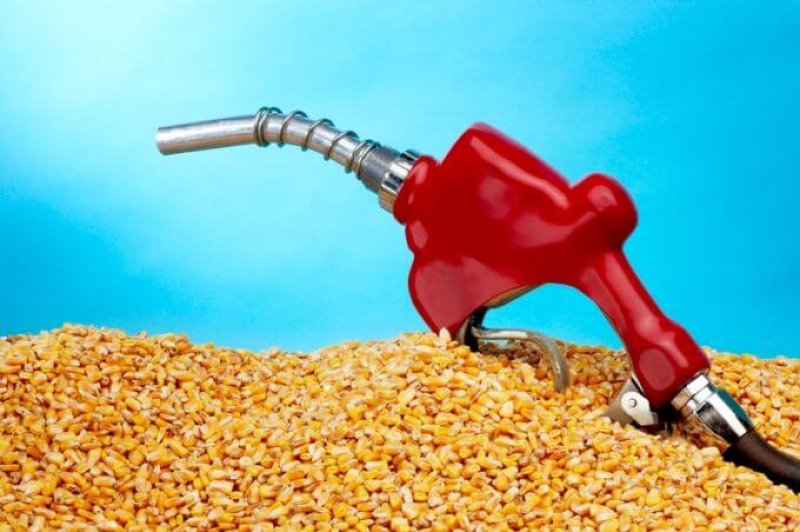E-15 is only available at about 2 to 3% of gas stations in the United States, so for those unaware, it means that 15% of the fuel is composed of ethanol. Ethanol is ethyl alcohol. Produced by the fermentation of sugars, the chemical compound is found in antiseptics, liquors, and fuels, amongst many other places.
Unfortunately for your car and your pocketbook, it doesn’t contain as much energy as pure gasoline.
…
Fifteen years after the [Renewable Fuel Standard] program’s inception, it’s becoming apparent that corn ethanol has been a failure for everyone except corn growers. For starters, it has driven up the price of corn. Again, that’s great for corn farmers and corn-growing states like Iowa, Illinois, Nebraska, and Minnesota, but not so great for consumers across the country.
This might not be that big of a problem if corn ethanol were actually beneficial for the environment. While the U.S. Department of Agriculture insists that it is, reducing greenhouse gas emissions by an average of 21% compared to gasoline, other analyses from independent scientists paint a murkier picture. A 2016 study by scientists at the University of Michigan Energy Institute found that corn ethanol is actually more carbon intensive. Another study found that boosting corn ethanol reduces the price of gasoline, making consumers drive more, and thus pollute more.
Read the original post































